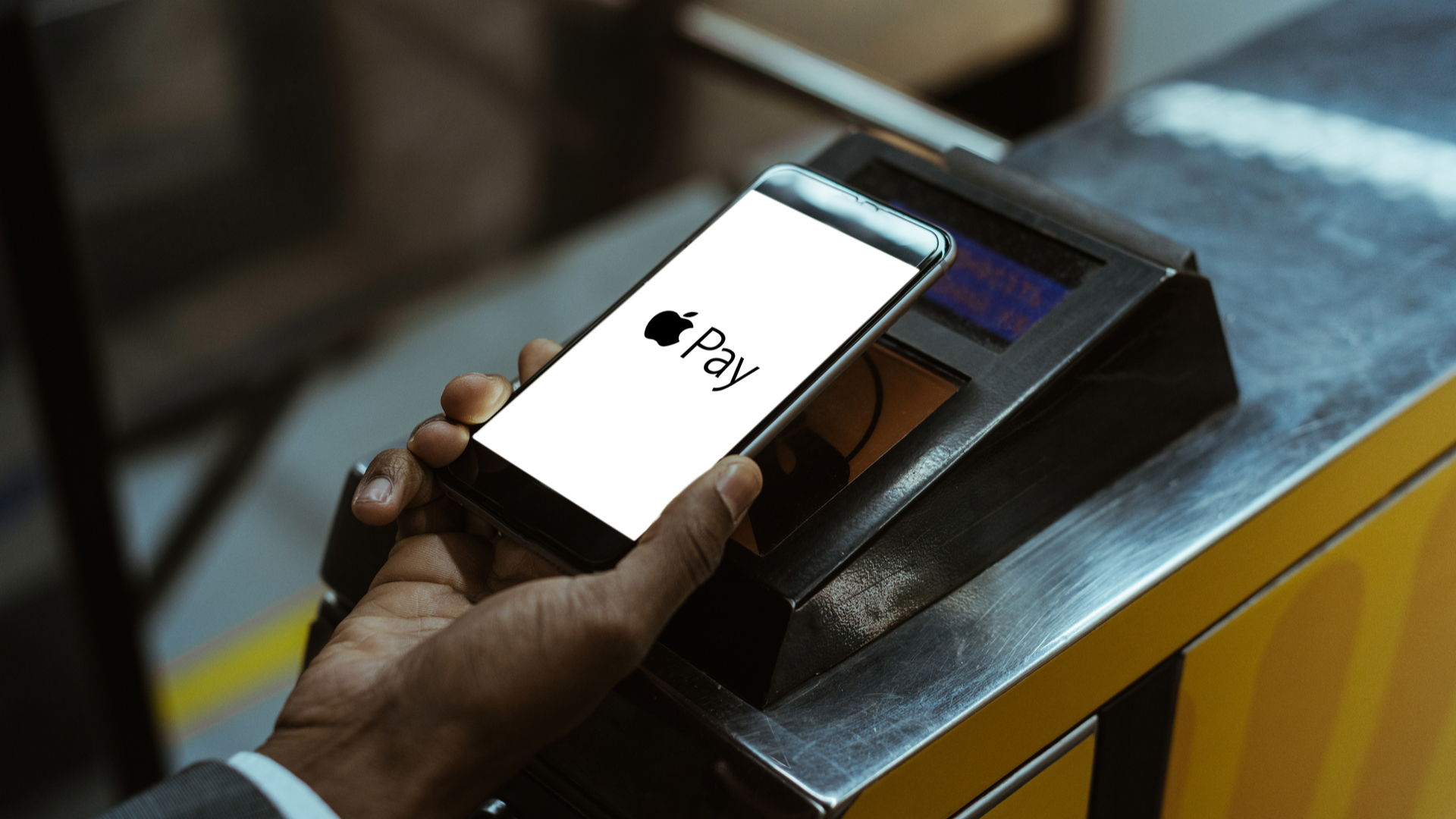Apple hit with class action suit for stifling rival tap-to-pay options
The devil is in the details of Apple’s policies, states Hagens Berman’s spokesperson

A class-action lawsuit has been filed against Apple in the Northern District of California, accusing the tech giant of “illegally profiting from payment card issuers through its Apple Pay policies.”
Apple attained up to $1 billion in fees annually violating federal antitrust law, according to attorneys at Hagens Berman and Sperling & Slater.
RELATED RESOURCE

Your key to digital differentiation and competence
Database services fit for app modernisation, cloud-native innovation, and data-driven strategies
The violations come two-fold as Apple has not only linked its mobile devices and proprietary mobile wallet to push Apple Pay but also monopolized the market for tap-and-pay mobile wallets on iOS.
Compounding the payment ordeal, Apple charges card issuers who use Apple Pay ‘supracompetitive fees’ for services otherwise available on Android devices for free.
“When you compare the functionality of Apple Pay to mobile wallets available on Android devices – Google Pay, Samsung Pay – you’re essentially holding up a mirror; they are essentially identical,” said Steve Berman, Hagens Berman co-founder and managing partner.
“And yet, the same service on Android that card issuers pay absolutely nothing for costs them a collective $1 billion annually through Apple Pay.”
As matters stand, Apple charges US card issuers 15 basis points on credit and .5 cents on debit for all transactions made via Apple Pay.
Get the ITPro daily newsletter
Sign up today and you will receive a free copy of our Future Focus 2025 report - the leading guidance on AI, cybersecurity and other IT challenges as per 700+ senior executives
“On the surface, Apple Pay’s fees pushed onto card issuers may seem small, but truly the devil is in the details of Apple’s policies, and these fees add up big time,” Berman added.
The antitrust lawsuit by Hagens Berman, representing a class of US credit unions and financial institutions, is geared towards reimbursing payment card issuers, in addition to seeking injunctive relief to counter Apple’s policies.
-
 The Race Is On for Higher Ed to Adapt: Equity in Hyflex Learning
The Race Is On for Higher Ed to Adapt: Equity in Hyflex LearningBy ITPro
-
 Google faces 'first of its kind' class action for search ads overcharging in UK
Google faces 'first of its kind' class action for search ads overcharging in UKNews Google faces a "first of its kind" £5 billion lawsuit in the UK over accusations it has a monopoly in digital advertising that allows it to overcharge customers.
By Nicole Kobie
-
 How IBM and Adobe craft personalization at scale
How IBM and Adobe craft personalization at scaleWhitepaper Combining the content supply chain, CX orchestration, and intelligent commerce for ideal personalization
By ITPro
-
 Preparing for peak: How customers purchased during peak
Preparing for peak: How customers purchased during peakwhitepaper The online shopping trends that shaped the parcel delivery experience during the busiest time of the 2022 calendar
By ITPro
-
 The Total Economic Impact™ of IBM iX digital commerce services
The Total Economic Impact™ of IBM iX digital commerce servicesWhitepaper Delivering strategic growth with experience-led commerce solutions
By ITPro
-
 US antitrust bill nearing law faces fierce tech opposition
US antitrust bill nearing law faces fierce tech oppositionNews AICO seeks to limit the extent to which tech platforms can self-promote, and has drawn tens of millions of dollars in opposition from some of the largest tech firms
By Rory Bathgate
-
 Square offers sellers buy now, pay later integration with Clearpay
Square offers sellers buy now, pay later integration with ClearpayNews For the first time, Square customers in-person and online will be given the option to make a purchase as interest-free payments
By Rory Bathgate
-
 Sharp expands IT services with new FundOnion partnership
Sharp expands IT services with new FundOnion partnershipNews Collaboration will see the business finance platform now offer Sharp’s range of B2B solutions
By Daniel Todd
-
 Amazon's use of third-party seller data to be investigated by CMA
Amazon's use of third-party seller data to be investigated by CMANews The investigation follows an almost identical one currently being carried out by the European Commission after the company was previously charged over similar practices by the European authority in 2020
By Connor Jones
-
 HPE wins contract to provide The Home Depot with Aruba edge services
HPE wins contract to provide The Home Depot with Aruba edge servicesNews Adoption of HPE GreenLake for Aruba networking and Aruba ESP will power advanced customer and associate experiences, retailer says
By Daniel Todd